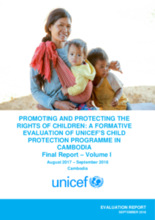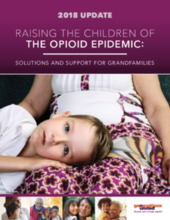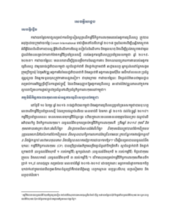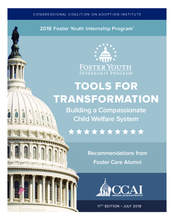Displaying 231 - 240 of 608
The objective of this evaluation was to provide evidence that can help strengthen performance and accountability with UNICEF’s work with the Royal Government of Cambodia and the myriad other authorities and organizations involved in child protection.
This report from Generations United provides data on the opioid crisis in the US, and its impact on grandfamilies, and offers policy and program recommendations related to recently passed legislation - the Family First Prevention Services Act and the Supporting Grandparents Raising Grandchildren Act.
This study examines family structures and children's perceptions regarding family connectedness and perceived life satisfaction (LS) using a nationally representative U.S. sample of 926 students in grades 7–10.
The objective of this evaluation was to provide evidence that can help strengthen performance and accountability with UNICEF’s work with the Royal Government of Cambodia and the myriad other authorities and organizations involved in child protection.
This study aimed to compare the rates of psychiatric diagnoses and criminal convictions in young adulthood (ages 18–25 years) among children who were first placed at ages 2–6 years with those of children who were not placed and who had similar sociodemographic and family characteristics.
This study addresses the needs of Scottish kinship carers of teenage children who have been identified as being in need of extra support.
The study addresses the needs of Scottish kinship carers of teenage children who have been identified as being in need of extra support.
This study provides UK evidence for the relationship between kinship care and deprivation and examines how the welfare state frames kinship care in policy and practice.
CCAI’s Foster Youth Internship Program® is a highly esteemed congressional internship for young adults who spent their formative years in the U.S. foster care system. In this annual policy report, the interns focus on subjects they are personally passionate about due to their experiences and understanding after living in foster care and make personal recommendations for improving the U.S. foster care system.
The topic of interest in this paper is the relationship between children who live in kinship care and their birth parents – through childhood and adulthood.




